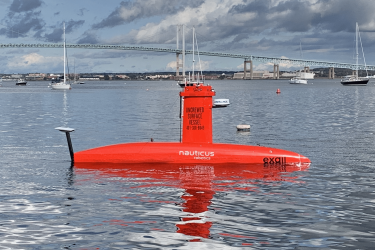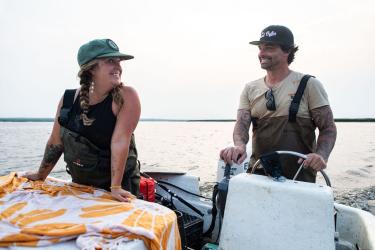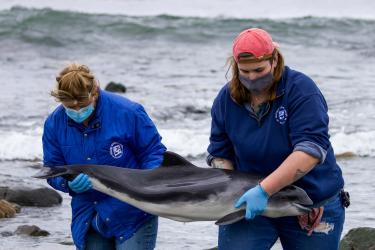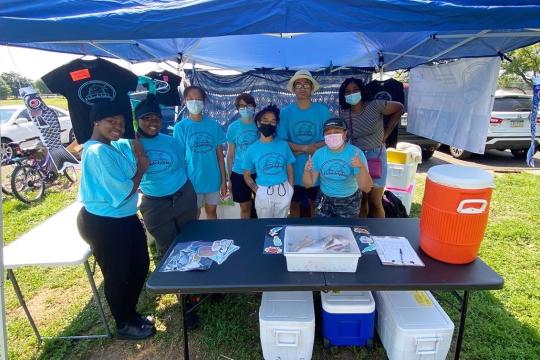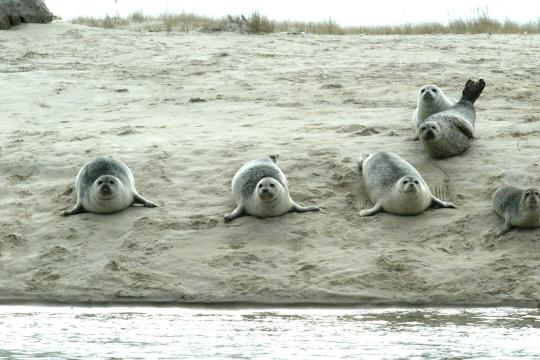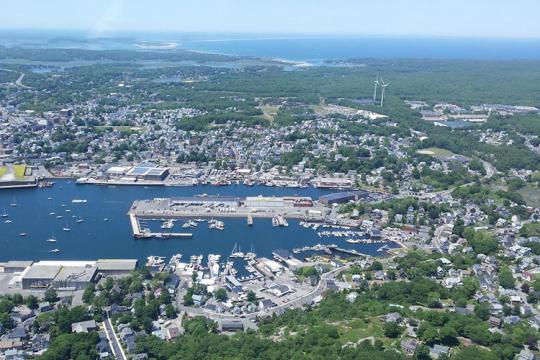The NOAA Fisheries Greater Atlantic Region has announced recommendations to fund the first year of six multi-year New England Bay Watershed Education and Training Program (B-WET) projects under the 2019-2020 New England B-WET grant competition. Projects fall under two priority categories: Backyard B-WET and Grass Roots.
-
Western Connecticut State University - Finding Our Way: Building a College Ready STEM Pipeline for At-Risk High School Youth Through Watershed Stewardship
-
University of New Hampshire - New Hampshire American Eel Meaningful Watershed Educational Experiences Program
-
SoundWaters, Inc. - One Million Bottle Caps! Meaningful Environmental Education and Stewardship for Middle School Students and Teachers
-
Save The Bay, Inc. - Salt Marsh Nursery Program: How Do You Enhance Coastal Resiliency in Narragansett Bay
-
Interdistrict Committee for Project Oceanology - Rising Waters: The Thames River Resilience Project
-
Buzzards Bay Coalition - Discover Buzzards Bay: Providing Meaningful Watershed Educational Experiences for New Bedford Youth
B-WET is an environmental education program that promotes locally relevant, experiential learning for K-12 school students. B-WET administers a competitive funding process that promotes Meaningful Watershed Educational Experiences (MWEEs). MWEEs are multi-stage activities within formal K-12 programs that include learning both outdoors and in the classroom. Funded projects provide MWEEs for students and related professional development for teachers.
New England B-WET focuses on the priorities and challenges facing New England watersheds by helping students and teachers apply scientific methods and tools to understand and appreciate their local watershed system. B-WET encourages students to become more interested in science, technology, engineering, and math. By focusing on watersheds where they live and by participating in personally relevant stewardship projects, students and teachers can become knowledgeable stewards of their local environment.
Awards covered two priorities: (1) Backyard B-WET: Investigation of Stewardship and Habitat Restoration on School Grounds, and (2) Grass Roots: Community Resilience in Changing Times.

Information on the B-WET New England program, including examples of education partnerships that have been funded to date, is available. Contact Deirdre Kimball at (978) 281-9290 or Deirdre.Kimball@noaa.gov with questions.
